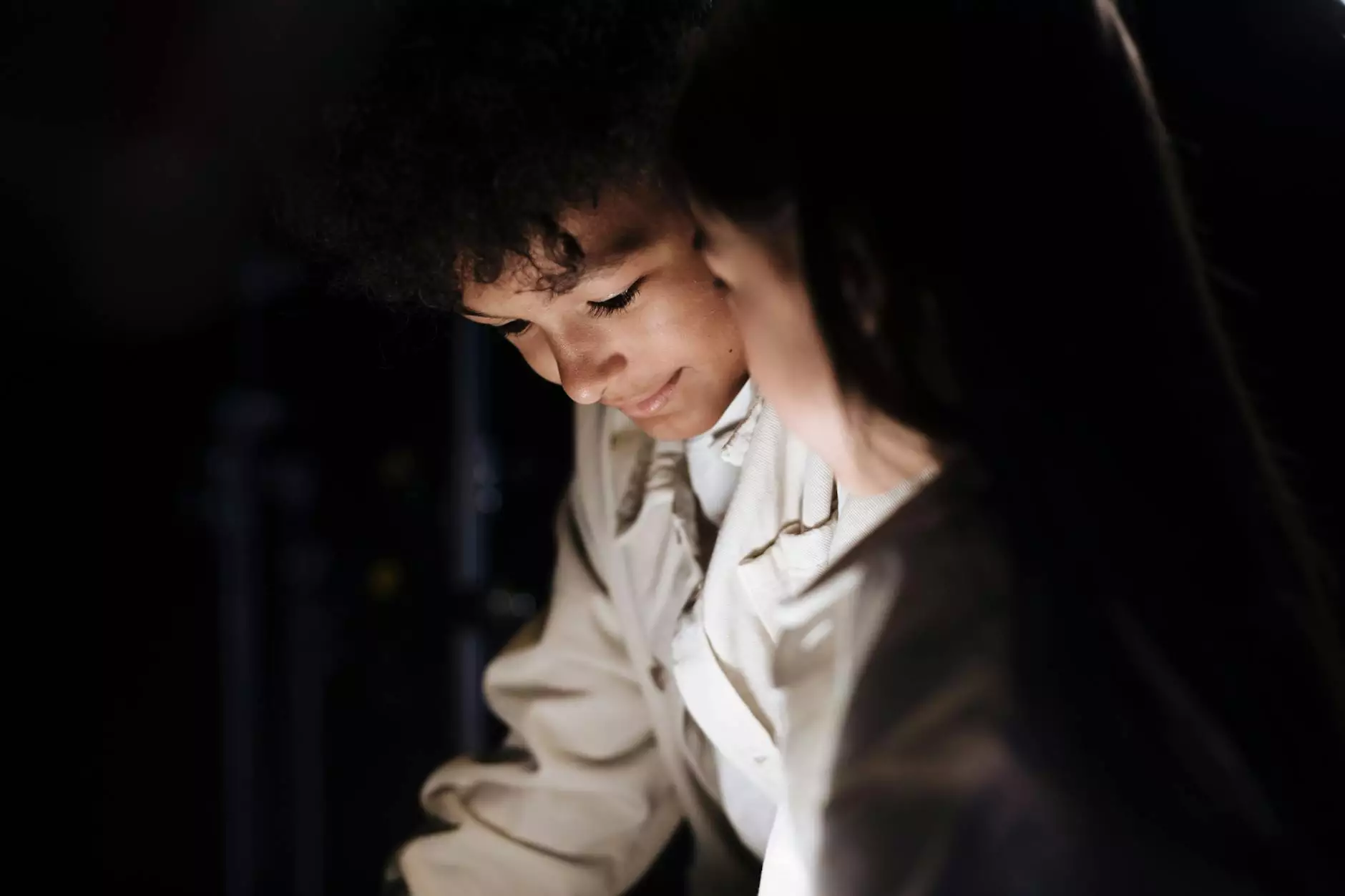Human to Human Relationship Model
Book Reports
Introduction
Welcome to The Knowledge Nest where we explore the Human to Human Relationship Model, a powerful framework for enhancing relationships and fostering effective communication within communities and societies. In this comprehensive guide, we delve deep into the principles and strategies of this model to help you build meaningful connections and create a positive impact on the world around you.
Understanding the Human to Human Relationship Model
The Human to Human Relationship Model is a framework that emphasizes the importance of genuine connection, empathy, and understanding in all interpersonal interactions. It recognizes that at the core of every communication, there are two individuals seeking connection and meaningful engagement.
Key Principles
By embracing the following key principles, individuals and communities can benefit greatly from the Human to Human Relationship Model:
- Authenticity: Being genuine and true to oneself while engaging with others builds trust and establishes a solid foundation for a meaningful relationship.
- Empathy: Understanding and sharing the feelings of others allows for deeper connections and promotes mutual respect and support.
- Active Listening: By actively engaging in attentive listening, we can better understand the needs, desires, and perspectives of others, leading to more effective communication.
- Open-Mindedness: Being open to different ideas, perspectives, and experiences fosters a culture of inclusivity and encourages collaborative problem-solving.
Applying the Human to Human Relationship Model in Community and Society
The Knowledge Nest recognizes the immense potential of implementing the Human to Human Relationship Model within community and societal contexts. By utilizing this model, communities can experience the following benefits:
Inclusive Decision-making and Collaboration
When individuals embrace the Human to Human Relationship Model, they contribute to the creation of a cooperative environment where diverse voices are heard and valued. This inclusive decision-making process leads to more equitable outcomes and fosters a sense of ownership and belonging among community members.
Effective Conflict Resolution
Conflicts are inevitable in any community or society, but how they are approached can make a significant difference. The Human to Human Relationship Model emphasizes open communication, active listening, and empathy, providing a foundation for constructive conflict resolution. By understanding different perspectives and seeking common ground, communities can transform conflicts into opportunities for growth and collective problem-solving.
Building Trust and Social Cohesion
The Human to Human Relationship Model nurtures trust and social cohesion within communities. When individuals feel heard, appreciated, and understood, they are more likely to actively participate, contribute, and collaborate towards shared goals. Strong bonds of trust create a sense of belonging, strengthen social connections, and create a supportive network that empowers individuals in both personal and collective endeavors.
Enhanced Empathy and Understanding
Empathy is a cornerstone of the Human to Human Relationship Model. It allows individuals to step into the shoes of others, understand their experiences, and validate their emotions. By fostering empathy within communities, we promote understanding, reduce discrimination, and create a compassionate society that embraces diversity and promotes social justice.
Conclusion
The Human to Human Relationship Model offers a transformative approach to communication and connection within communities and societies. By applying its principles, communities can cultivate inclusive, supportive, and thriving environments. At The Knowledge Nest, we strive to equip individuals and communities with the knowledge and tools necessary to build strong, meaningful relationships. Join us in embracing the power of the Human to Human Relationship Model and unlock the potential for positive change.










